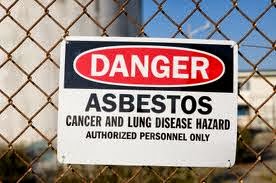Effects of mesothelioma injury
Though mesothelioma usually starts in the lungs, the cancer can occur anywhere in the abdominal or chest cavity.1 The effects of mesothelioma depend on the location of the tumor and vary by patient, but the most common symptoms of mesothelioma injury mimic other, less serious, disorders.
Common symptoms of mesothelioma
Not everyone experiences the same (or all) symptoms of mesothelioma. But some common symptoms2, 3, 4 seen in patients with the disease are:
-Shortness of breath
-Fatigue
-Chest or abdominal pain
-Unexpected weight loss
-Fever
More specific mesothelioma symptoms
More specific symptoms occur based on where the tumor is growing, though many patients can experience any of the symptoms listed below.
Symptoms of pleural mesothelioma,4 the most common form of the disease, are caused by the growth of the tumor in the chest cavity, which can compromise the function of the lungs. The symptoms include:
-Persistent cough
-Difficulty swallowing
-Hoarse voice
-Pain under the ribcage
-Fluid in the chest cavity
Symptoms of peritoneal mesothelioma4,5 are caused by the growth of the tumor in the abdomen:
-Swelling of the abdomen
-Nausea and/or vomiting
-Loss of appetite
-Intestinal blockage
-Anemia
Additional symptoms seen with the rarest form of the disease, pericardial mesothelioma,6 include heart palpitations and extreme fatigue.
Diagnosis of mesothelioma
Mesothelioma symptoms can develop 30 to 50 years after exposure to asbestos.1 If you have a history of asbestos exposure and start to develop some of the above symptoms, a doctor will conduct various tests to determine whether you have mesothelioma. Tests may include lung function tests, blood tests, X-ray, CT scan, MRI and biopsy.7 Once the diagnosis is made, your next steps can be determined.
